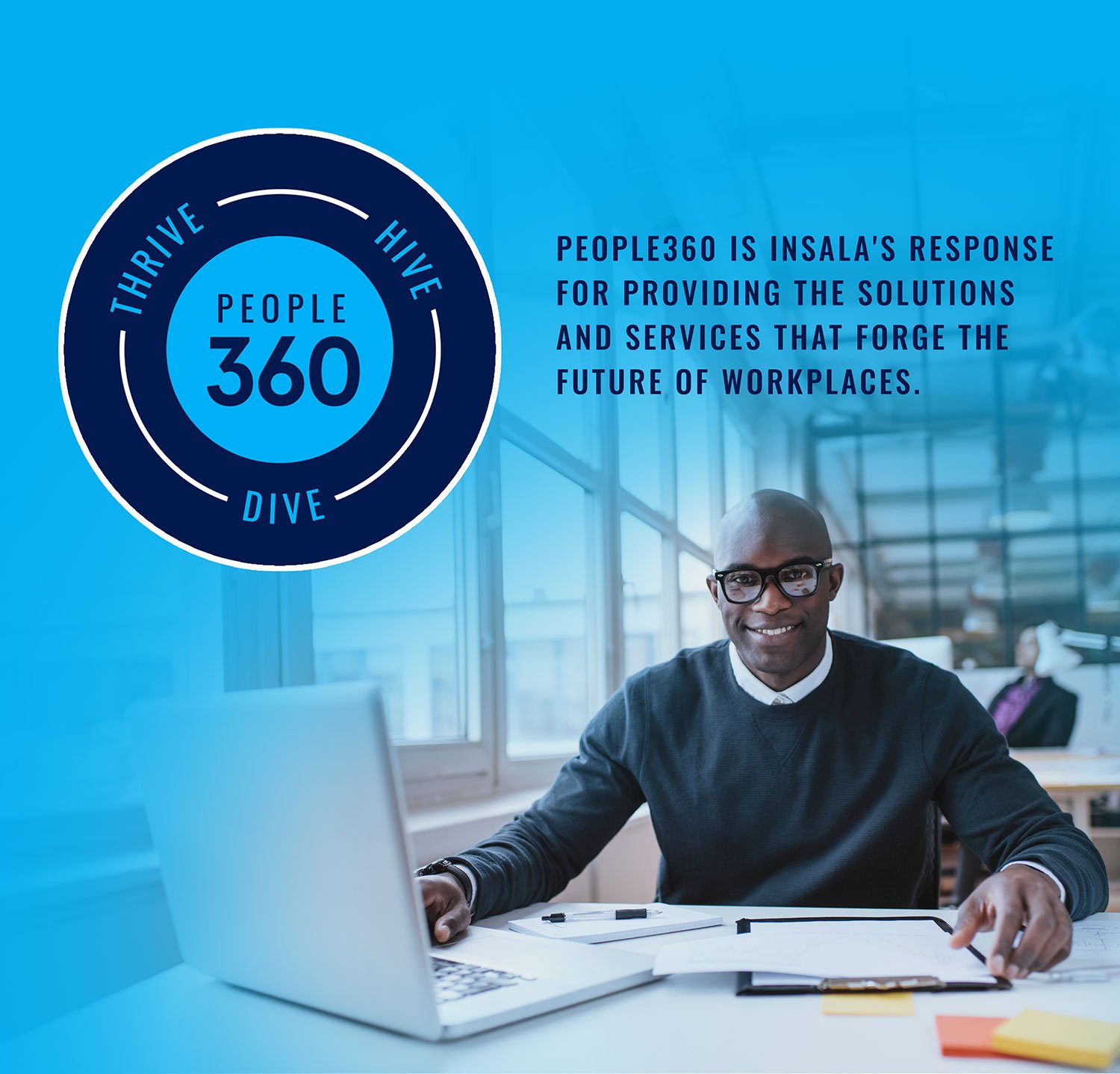Employee Benefits for Retaining and Attracting Talent
Last year, people who had jobs, kept them. Voluntary turnover plummeted in the early months of the pandemic as workers sought stability in an unstable time.
Now, the Labor Department reports that people are leaving their jobs in droves. This April, a record 4 million Americans quit their jobs. The number decreased some in May then jumped back to 3.9 million in June. No matter what you call it: the quitting spree, turnover tsunami, the great resignation – people are making changes and organizations are feeling it.
Despite the massive numbers of people seeking new opportunities, nearly 9 in 10 organizations surveyed by SHRM say they’re finding it difficult to fill certain open positions. The most difficult to fill include entry level and mid-level non-managerial positions.
Many organizations wonder how they can retain and attract talent. The answer might lie in employee benefits that enhance the employee experience. Employees who truly love their jobs and the companies they work for are the most engaged and committed to the organization’s success.
Benefits companies should prioritize to retain and attract talent
We know that benefits like paid leave, retirement contributions, and (depending on the country) healthcare are core employee benefits and may even be compulsory. But what perks or additional benefits can employers leverage to retain and attract talent by showing that the organization cares about employee wellbeing?
Job postings that include perks like a stocked break room and catered lunches aim to attract employees, but those perks don’t quite hit the mark for today’s job seekers. The pandemic changed the way we work and employees are seeking organizations that have adjusted too.
- Workplace flexibility and flexible schedules
The type of flexibility looks different at every organization and there are limitations depending on the industry and roles, but it’s a perk worth considering, if feasible.
Technology is always evolving. The pandemic has everyone wondering if workplaces and workplace conventions kept up. Technology enabled a swift transition to remote work for many individuals and with the success many organizations and employees experienced, people are asking if we should ever go back.
Flexible working environments can help employees achieve healthy work life balance reducing burn out, boosting morale and productivity among other benefits. Flexible work should be defined by each organization but could include remote working, hybrid workplace arrangements, and working hours flexibility to avoid peak traffic times, to name a few.
While flexible working has been a growing trend over the past several years, more organizations are evaluating their flexible and remote work policies. 44 percent of employers now have official flexible working policies in place, up from 24% from before the pandemic.
- Onboarding
This is a critical time for a new hire to feel welcomed and empowered or confused and forgotten about. There are many benefits of effective onboarding for the new hire and the organization including improved job satisfaction, assimilation into company culture, longer retention of new hires, and shorter time to productivity.
Traditional onboarding can be a challenge, and virtual onboarding even more so. Leveraging practices like mentoring can help the process and make onboarding a personalized experience rooted in connection and relationship building.
- Company culture
Company culture has a direct impact on employee experience, productivity, profitability, and growth. Yet only 15% of study respondents report that their firm’s culture is where it needs to be.
Further, the impact of company culture on recruiting and retention is undeniable. 86% of individuals won’t even apply for a job if an organization has a bad reputation and 58% have left or are considering leaving over negative office politics.
Improving company culture doesn’t happen overnight, but it’s well worth investing in to make a long-term impact on employee experience and brand reputation.
- Employee recognition
Simple or elaborate, recognition goes a long way. Creating time and space for celebrating wins helps employees see the value and impact of their work and keep high performers and teams engaged which is key to ongoing productivity and contributes to company culture. 74% of employees want more recognition from their work.
Successes and celebrations look different at each organization, but should not be overlooked. Here’s an article by Indeed the dives into when and how to celebrate employee wins.
- Career development and advancement opportunities
Employees want to grow and develop and organizations have the opportunity to fill this need while helping achieve business objectives. Implementing programs that support career development like mentoring and coaching set your organization among top employers willing to invest in their people.
LinkedIn found that 94% of employees say they would stay at an organization longer if it invested in their development. We know that nearly three quarters of Fortune 500 companies offer formal mentoring programs, but overall 23% of organizations offer such a benefit.
According to Gallup, career growth opportunities are the number one reason people change jobs, and over half of employees are considering job change in 2021. With current challenges in recruiting, internal mobility is now more than ever. Empowering employees in their careers by enabling them to build career paths.
Insala’s software solutions enable organizations to connect with individuals throughout the employee career lifecycle improving employee experience and brand reputation. Book a meeting with one of our career development experts today to discover how career development opportunities can boost engagement and productivity at your organization.







